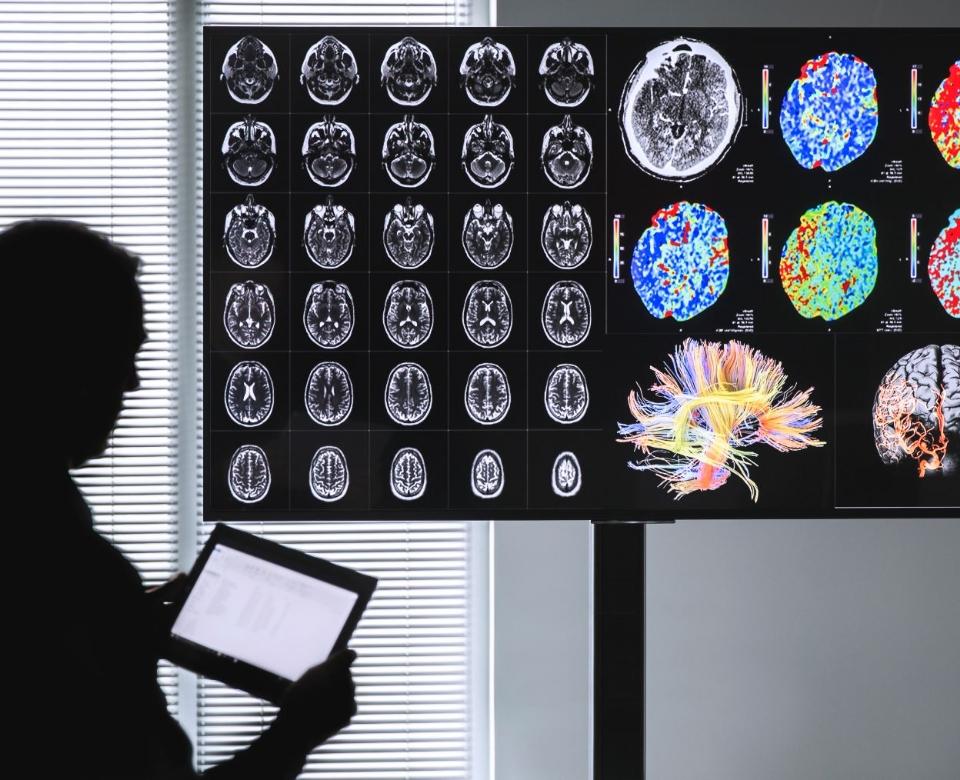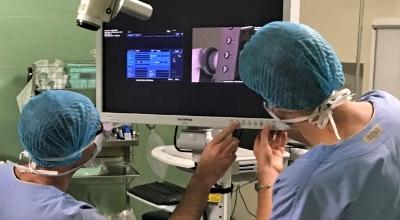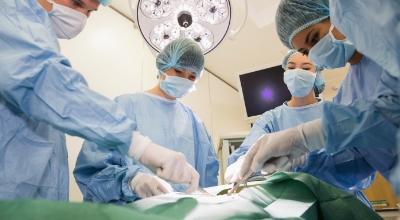02.04.2021
Acceptability and 5G in the Medical Field: The Impact of the Level of Information
The issues around 5G are considerable: sovereignty, smart city, industry 4.0, energy, connected healthcare. However, 5G is currently raising many questions from the general public and professionals. To better understand these questions related to acceptability, a quantitative experimental study was conducted with 81 healthcare professionals, via an online questionnaire. The objective is to…
read the publication




